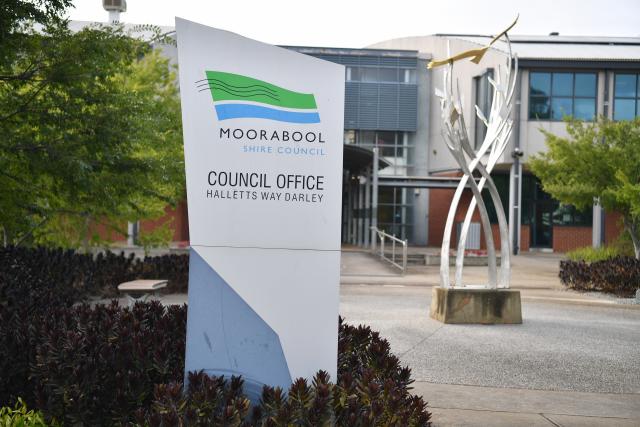Despite Melton being a relatively affordable area for families on the minimum wage, there’s a real shortage of rental options for low-income households, according to a new report.
An Anglicare Rental Affordability snapshot looked at rental listings on real estate websites and Gumtree over an April weekend.
Of the 255 rental houses in Melton, 190 were deemed affordable for low-income families. But for a single person on an aged pension, there were only 34 options available in Melton.
And for single people on Newstart or Youth Allowance, there were no affordable rental options.
The report’s researcher and author, Laura David, said that even in outer metropolitan areas traditionally associated with higher affordability, options were limited.
She said the study had found that across all local government areas, among disadvantaged groups, those with most access to rentals were working couples on the minimum wage.
However, she said such families also encountered other costs such as childcare, petrol and school needs.
Anglicare defines “affordable” as spending no more than 30 per cent of weekly income on rent.
Ms David said the report highlighted the difficulties young people on welfare support faced when trying to access the private rental market, with many of them forced to spend most of their income on rent. “If you’re spending more than 30 per cent a week – what you’re being left with to pay for bills, to live on, it becomes difficult,” she said.
“Being able to have a secure and safe place to live is the foundation of wellbeing … without that you can’t be expected to achieve.”
Her report states: “The impacts of an impenetrable private rental market and ongoing housing insecurity are considerable.”
Negative gearing
Asked if changes to negative gearing would have an impact on disadvantaged people accessing the rental market, Ms David said: “It’s not my area of expertise but what is interesting is people talking about [prices] getting worse or getting better [in the future].
“At the moment, they can’t afford what’s here now. We need to talk about ways of making it better for these people now, which is more important.”
The report made a number of recommendations, including raising the age eligibility for state-funded out-of-home care from 18 to 21, increasing the Youth and Newstart allowances and greater investment in targeted social and public housing.
















